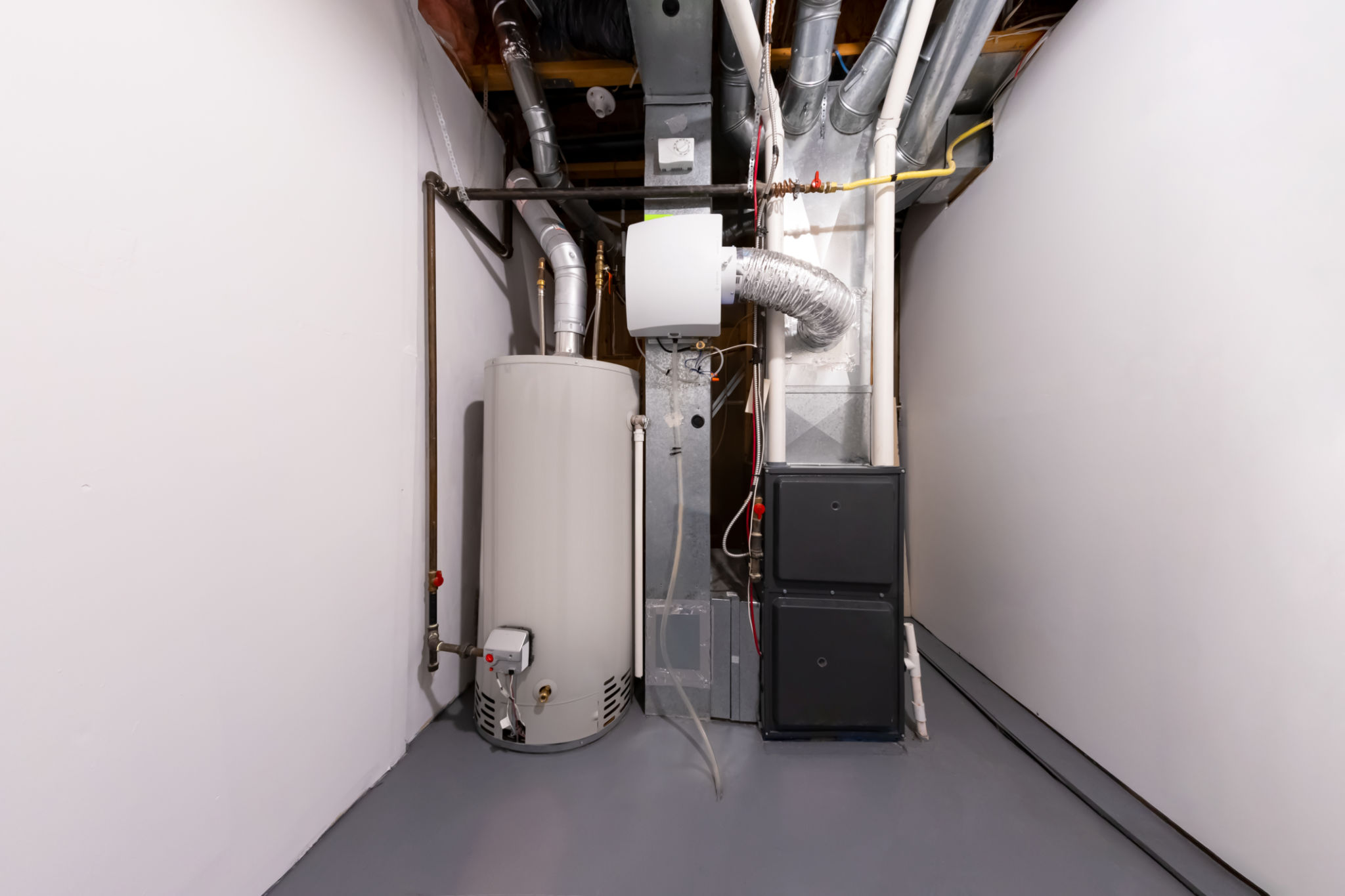Expert Insights: Choosing the Right Floating Cover for Your Industry
Understanding Floating Covers
Floating covers are essential components in various industries, providing solutions for evaporation control, odor management, and contamination prevention. These covers are designed to float on the surface of liquids in storage tanks or ponds, creating an effective barrier between the liquid and the atmosphere. Choosing the right floating cover can significantly impact operational efficiency and environmental compliance.

Key Considerations for Selecting Floating Covers
When selecting a floating cover, it's crucial to consider the specific needs of your industry. Here are some key factors to keep in mind:
- Material Compatibility: Ensure the cover material is compatible with the liquid being stored. Different chemicals and temperatures require specific materials to prevent degradation.
- Environmental Conditions: Consider the climate and weather conditions where the cover will be used. UV-resistant materials are essential for sunny environments, while robust designs are necessary for areas prone to heavy winds.
- Regulatory Compliance: Familiarize yourself with industry regulations and standards to ensure your cover meets all necessary compliance requirements.
Material Options for Floating Covers
The material of a floating cover plays a pivotal role in its performance and longevity. Common materials include high-density polyethylene (HDPE), flexible polypropylene (FPP), and ethylene propylene diene monomer (EPDM). Each material offers distinct benefits:
- HDPE: Known for its durability and resistance to chemicals, making it ideal for harsh environments.
- FPP: Offers flexibility and is suitable for moderate chemical exposure.
- EPDM: Provides excellent resistance to UV rays and weathering, perfect for outdoor applications.

Installation and Maintenance
The installation process of floating covers should be straightforward yet precise, ensuring a snug fit to maximize efficiency. It's advisable to work with experienced professionals who understand the intricacies involved in fitting these covers correctly. Moreover, regular maintenance checks are vital to address any wear and tear promptly, thus extending the cover's lifespan.
Maintenance includes inspecting seams for leaks, checking for any material degradation, and ensuring that the cover remains free from debris. Implementing a routine maintenance schedule can prevent minor issues from escalating into significant problems.

Industry-Specific Applications
Different industries have unique requirements when it comes to floating covers. For instance, the agricultural sector often uses these covers in water reservoirs to prevent evaporation, while wastewater treatment facilities rely on them for odor control and to reduce VOC emissions.
In the oil and gas industry, floating covers help minimize product loss due to evaporation and maintain product quality by limiting exposure to contaminants. Understanding these varied applications can guide you in selecting a cover that aligns with your operational needs.
Expert Recommendations
Consulting with experts in the field can provide valuable insights tailored to your specific industry challenges. They can offer recommendations on the best materials, installation techniques, and maintenance practices, ensuring you select a solution that delivers optimal performance and cost-effectiveness.
Ultimately, investing in the right floating cover solution not only safeguards your liquid assets but also enhances operational efficiency and environmental responsibility. By considering the factors outlined above, you'll be better equipped to make an informed decision that supports your industry's goals.
